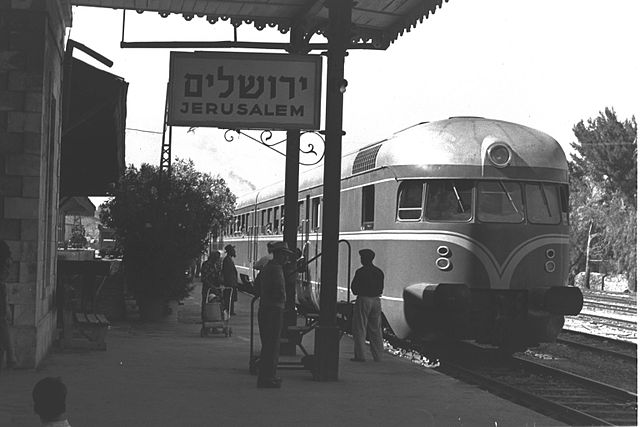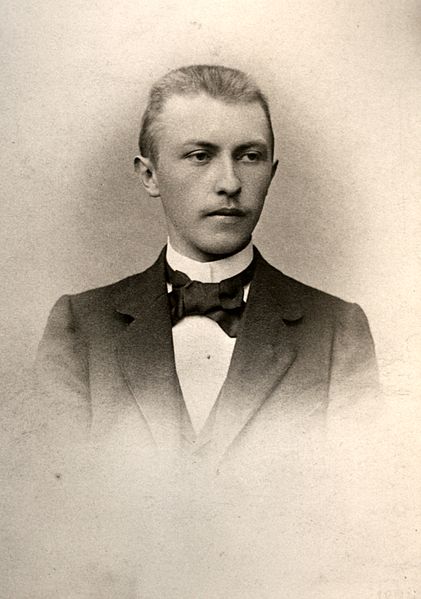Wiedergutmachung after World War II refers to the reparations that the German government agreed to pay in 1953 to the direct survivors of the Holocaust, and to those who were made to work at forced labour camps or who otherwise became victims of the Nazis. The sum would amount, through the years, to over 100 billion Deutsche Mark. Historian Tony Judt writes about Wiedergutmachung:In making this agreement Konrad Adenauer ran some domestic political risk: in December 1951, just 5 percent of West Germans surveyed admitted feeling ‘guilty’ towards Jews. A further 29 percent acknowledged that Germany owed some restitution to the Jewish people. The rest were divided between those who thought that only people ‘who really committed something’ were responsible and should pay, and those who thought ‘that the Jews themselves were partly responsible for what happened to them during the Third Reich.’ When the restitution agreement was debated in the Bundestag on March 18th 1953, the Communists voted against, the Free Democrats abstained and both the Christian Social Union and Adenauer’s own CDU were divided, with many voting against any Wiedergutmachung (reparations).

1952 demonstration in Israel against any deals with Germany. On stage is Menachem Begin. The sign reads: "Our honor shall not be sold for money; our blood shall not be atoned by goods. We shall wipe out the disgrace!"
Jerusalem railcar manufactured by Maschinenfabrik Esslingen, as part of the reparations agreement with Germany.
Konrad Hermann Joseph Adenauer was a German statesman who served as the first chancellor of the Federal Republic of Germany from 1949 to 1963. From 1946 to 1966, he was the first leader of the Christian Democratic Union (CDU), a newly-founded Christian-democratic party, which became the dominant force in the country under his leadership.
Adenauer in 1952
Adenauer in 1896
Bond of the City of Cologne, issued 1 October 1928; Faksimile signature of Adenauer
In Wilhelmshaven in 1928, when a new cruiser was given the name of Köln (Cologne), home city of Adenauer (centre, with left hand visible, next to him Lieutenant-General Wilhelm Groener and Gustav Noske)






